
CLIVAR/GEWEX Monsoons Panel
INTRODUCTION
Monsoons are identified as seasonally changing patterns of atmospheric circulation that span large area in response to the annual cycle of solar insolation and the distribution of moist static energy. The interaction between landforms and the surrounding oceans plays a critical role in the development and maintenance of tropospheric temperature gradients by causing land-sea differential heating, and in preserving moist static energy from dry air intrusion during monsoon development. As a result, monsoons are responsible for much of the annual variation in precipitation for much of the monsoon regions. Monsoons are grouped into Asian-Australian, African and American according to their location.
There is considerable variability in monsoons – both within monsoon seasons, as well as between years. Understanding what drives monsoon variability at the different timescales and better predicting these variations can provide significant socio-economic benefits to those living and working within monsoon regions and beyond.

Global (black contour) and regional monsoons (colour shaded and stippled) domains. The global monsoon (GM) is defined as the area with local summer-minus-winter precipitation rate exceeding 2.5 mm/day. The regional monsoon domains are defined based on published literature and expert judgement and also accounting for the fact that the climatological summer monsoon rainy season varies across the individual regions (Source: IPCC, 2021).
Advancing the scientific understanding of monsoon systems requires collaborative efforts among individuals and groups studying these various monsoon regimes. CLIVAR (Climate and Ocean: Variability, Predictability and Change) research into ocean-atmosphere interactions and the role of slowly varying climate modes that lend predictability to the monsoons is of direct relevance to the Monsoons Panel (MP). Furthermore, GEWEX (Global Water and Energy Exchanges) activities in land-atmosphere interaction and convective scale processes are key to understand monsoons from regional to global scales. As a result, a joint Monsoons Panel spanning CLIVAR and GEWEX is convened of membership drawn from both communities. The panel reports to both the CLIVAR and GEWEX Scientific Steering Groups.
Structure of the Monsoons Panel
The Monsoons Panel has established a structure of three Regional Monsoon Working Groups, focusing on the Asian-Australian, American and African monsoon regions. The Monsoons Panel explores a more global view of monsoon activities, enabling knowledge and best practices to be shared between the various monsoon regions. It attempts to better coordinate monsoons research between GEWEX and CLIVAR, particularly in emphasizing the role of convection and land surface in the monsoons, in addition to ocean-atmosphere interaction.
Working groups under the Panel are leading regionally focused monsoon research in each of the three areas of globe. The Panel has been defining concrete activities to be fostered in the coming years, coordinating the regional working groups, and acting as a hub to facilitate meetings and linkages among international research efforts. Advancing understanding of monsoon variability and improving prediction remain the principal goals promoted by the Monsoons Panel, but greater emphasis is being placed on linkages across scales and to phenomena that have historically been outside the purview of classical monsoon research. Observation and modelling are still the cornerstones of the research efforts. The Panel seeks to bring new methods and fresh perspectives to the problem that can enhance monitoring, advance diagnostic efforts, and improve component and coupled models. Thus, key to these efforts will be the development of new and better process studies (particularly, emphasizing the role of convection and land-surface processes in models), coordinating with relevant modelling efforts including those related to climate change, strengthening the links between research and operational forecasting stakeholders and empowering the next generation of young scientists from around the world to advance our knowledge of monsoon systems. Scientific works include observational field campaign and process modelling work, coordination of and contribution to climate change efforts in CMIP and utilising our understanding of subseasonal-to-seasonal variability to aid enhancement of monsoon prediction on these scales.
The Monsoons Panel is supported by the International Monsoons Project Office (IMPO), hosted by the Indian Institute of Tropical Meteorology (IITM) Pune, India.
Near-term and Long-term Plans
The Monsoons Panel is actively pursuing better integration of CLIVAR and GEWEX monsoons activities, such as CLIVAR Oceanic regional panels, GEWEX Global Land/Atmosphere System Study (GLASS), Global Atmospheric System Study (GASS) and Hydroclimatology panels (land-atmosphere interaction and convection, in particular).
The Monsoons Panel will foster better utilization of model outputs such as those from the Global Monsoons MIP and CMIP6 DECK experiments, including through coordinated analysis at the regional and global monsoon scales.
The regional working groups will promote and facilitate active engagement and interaction among research and operational prediction stakeholders in the different monsoon regions, and provide authoritative information on processes understanding, models' fidelity in their monsoon representations, and forecast skill assessment. Members will participate in the many different Regional Climate Outlook Forums (RCOFs) to provide guidance on model strengths and weaknesses.
The Monsoons Panel will continue to identify cross-regional commonalities in their activities. One of the key identified activities of interest across the regions is better understanding of subseasonal-to-seasonal variability and exploiting it for better prediction. Regional priorities will continue to be identified by the regional working groups.
Terms of Reference
- Indicate and update the research priorities, gaps and milestones regarding monsoon studies as outlined in the GEWEX/CLIVAR Monsoons Panel (MP) annual work plan.
- Coordinate strategies, advise on plans and define concrete activities, if possible, to carry out studies on the suggested research priorities, including selecting, limiting and concluding such activities as appropriate.
- Encourage studies on priority themes by groups from different monsoon domains, using common methods and tools, in order to allow global analyses or comparable results, and encourage, facilitate or promote collaboration between monsoon researchers (from existing groups).
- Enhance involvement/Promote/Stimulate the interest of researchers and students in monsoon-related topics, by organizing or supporting workshops and advanced schools, in addition to organizing, in scientific congresses, sessions on monsoon themes. Promote interactions among scientists from different disciplines (atmospheric scientists, oceanographers, hydrologists, and relevant others) interested in monsoon science activities.
- Coordinate the formation and function of regional working groups and to advise WCRP on the development of mechanisms of support for meetings of the regional working groups.
- Advise and coordinate with other WCRP and WWRP panels on issues important for advancing monsoon research, including new observational studies, process studies, and strategic priority setting for modelling/prediction studies.
- Support work in cooperation with regional, national and multinational programs that collaborate in improving the understanding of monsoon systems and are directed at improving regional weather forecasting, seasonal climate prediction and decadal to long-term climate projection.
- Communicate existing products and provide guidance on their (adequate) application and limitations to the operational community, (relevant) impacts community and participate in relevant training activities.
- Report to the CLIVAR and GEWEX Scientific Steering Groups on an annual basis or when requested.
Regional Working Groups
Panel Members
| Name | Designation | Institute | Photos |
|---|---|---|---|
| Leila Carvalho | Co-Chair | University of California at Santa Barbara (UCSB), USA |  |
| Thea Turkington | Co-Chair | Centre for Climate Research Singapore (CCRS), Singapore | 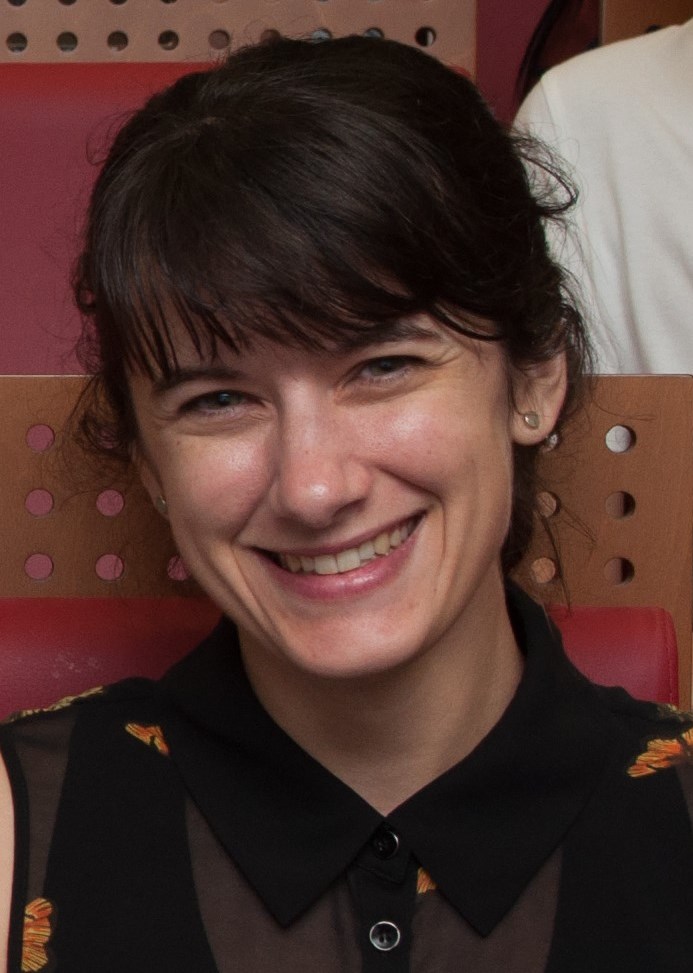 |
| Annalisa Cherchi | Member | National Research Council, Institute of the Atmospheric Science and Climate (CNR-ISAC), Italy | 
|
| Hui Su | Member | The Hong Kong University of Science and Technology (HKUST), Hong Kong, China |  |
| Hiroshi Takahashi | Member | Tokyo Metropolitan University, Tokyo, Japan |  |
| Jhan-Carlo Espinoza | Member | Institut de Recherche pour le Developpement (IRD), Peru | 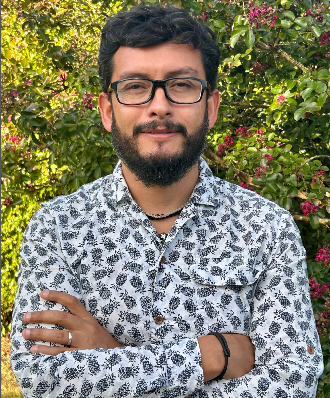
|
| Samson Hagos | Member | Pacific Northwest National Laboratory, USA | 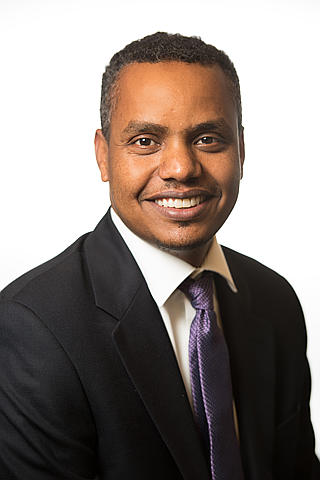 |
| Satyaban Bishoyi Ratna | Member | India Meteorological Department, Pune, India |  |
| Hanh Nguyen | Member | Bureau of Meteorology, Melbourne, Australia | 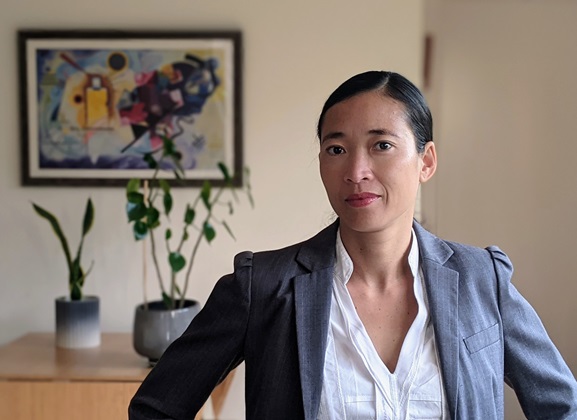 |
| Vasubandhu Misra | Member | Department of Earth, Ocean and Atmospheric Science, Florida State University, USA | 
|
| Fengfei Song | Member | Ocean University of China, Qingdao |  |
| Luis Brito-Castillo | Member | Centro de Investigaciones Biológicas del Noroeste S.C. (CIBNOR), Mexico | 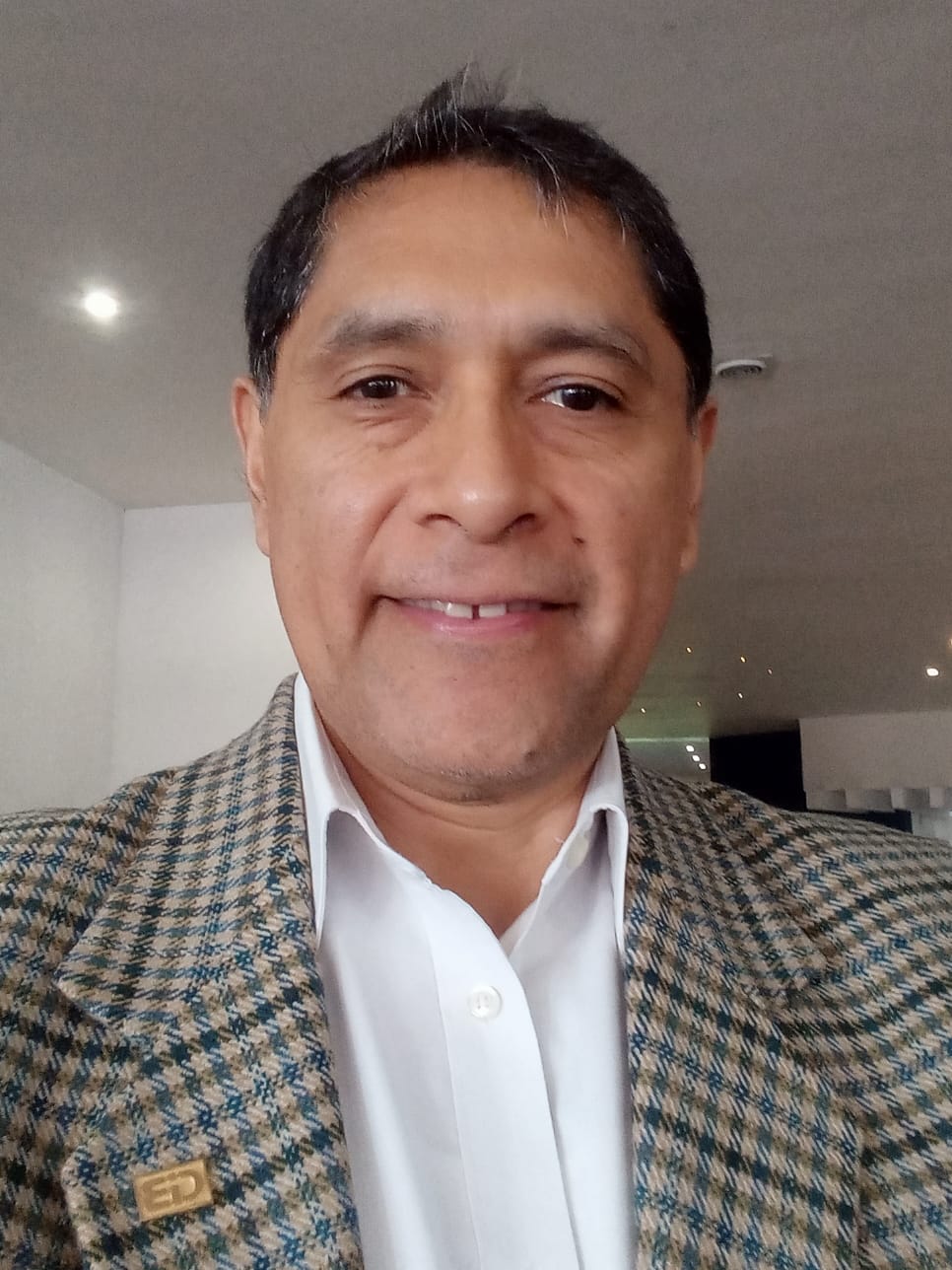 |
| Habiba Mtongori | Member | Tanzania Meteorological Authority, Tanzania |  |
| Ayantika Dey Choudhury | Member | Indian Institute of Tropical Meteorology (IITM), Pune, India | 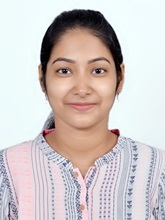 |
